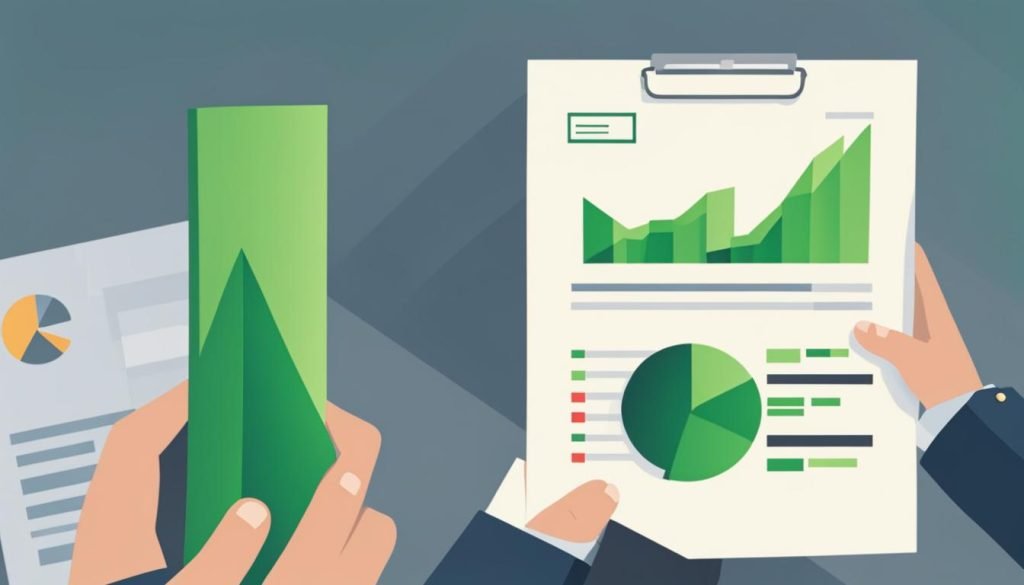This blog post will outline some of the most common credit mistakes and equip you with the knowledge to dodge them.
Table of Contents
Why is a Healthy Credit Score Important?
Common Credit Mistakes and Their Impact
Missing Credit Card Payments
Only Making Minimum Payments
Maxing Out Credit Cards
Applying for Too Much Credit
Not Monitoring Your Credit Report
Closing Old Credit Accounts (Not Always)
Empower Financial Stability with Winz Credit
Why is a Healthy Credit Score Important?
A healthy credit score indicates to moneylenders that you are a responsible borrower who manages credit carefully. This translates into a number of benefits:
Lower interest rates: A higher credit score qualifies you for lower interest rates on loans, including mortgages, auto loans, and personal loans. This translates to significant savings over the life of the loan.
Easier loan approvals: A good credit score increases your chances of loan approval from lenders.
Better credit card offers: You’ll be eligible for credit cards with better rewards programs and lower fees with a strong credit score.
Security deposits and rentals: Landlords and utility companies may consider your credit score when determining security deposits or approving rental applications.
Learn how credit checks matters in loan approval and favorable terms!
Common Credit Mistakes and Their Impact
Here’s a quick breakdown of some common credit mistakes and how they can ruin your credit score:
1. Missing Credit Card Payments
This is the most detrimental mistake anyone can make. Late payments have a significant negative impact on your credit score and can stay on your credit report for up to 7 years. Even a single missed payment can cause a significant drop in your credit score.
How to Avoid It:
- Set up automatic payments to make sure all your bills are paid on time each month.
- Use calendar reminders or budgeting applications to stay on top of due dates.
- Contact your credit card issuer if you anticipate difficulty making a payment. They might offer hardship programs or payment extensions.
2. Only Making Minimum Payments
While making minimum payments avoids late fees, it keeps you in debt for a longer period and accumulates interest charges. High credit utilization, the ratio of your credit card balance to your credit limit, negatively impacts your credit score.
How to Avoid It:
- Develop a plan to pay down your credit card debt as quickly as possible. Consider making additional payments towards the principal amount.
- Explore a balance transfer to a card with a lower interest rate.
3. Maxing Out Credit Cards
Maxing out your credit cards, exceeding your credit limit, is another red flag for lenders. It signifies high credit utilization and potential difficulty managing credit responsibly.
How to Avoid It:
- Monitor your credit card balances and avoid exceeding 30% of your credit limit. Ideally, aim for a utilization ratio below 10% for an optimal credit score.
- Track your spending and create a budget to avoid exceeding your credit limits.
4. Applying for Too Much Credit
Every time you apply for a new credit card or loan, a hard inquiry appears on your credit report. Multiple hard inquiries within a short period can lower your credit score. This can lead you into trouble
How to Avoid It:
- Shop around for the best credit card offers before applying.
- Avoid applying for multiple credit cards simultaneously.
- Space out your loan applications when necessary.
5. Not Monitoring Your Credit Report
You should regularly review your credit report to check for errors or inaccuracies. Uncorrected errors can negatively impact your credit score. Additionally, monitoring your credit report helps you identify potential fraud or identity theft attempts.
How to Avoid It:
- You are entitled to a free credit report from each of the three major credit bureaus (Equifax, Experian, and TransUnion) every year. Visit www.creditbureau.com.sg/ (Credit Bureau Singapore) to request your reports.
- Don’t let mistakes drag down your credit! Regularly review your credit report and immediately dispute any errors you find.
- Consider using a credit monitoring service to track changes to your credit report.
6. Closing Old Credit Accounts (Not Always)
While it might seem logical to close unused credit card accounts, doing so can negatively impact your credit score in a couple of ways. Closing an account reduces your overall credit availability, which can increase your credit utilization ratio. Additionally, the account’s age contributes to your credit history, and closing a long-standing account can shorten your average credit age, another factor influencing your score. Consider the age of the account and your credit utilization before closing. If the account is relatively new and you have other active lines of credit with a good history, closing it might have minimal impact.
However, if it’s a long-standing account with a high credit limit that you rarely use, keeping it open can actually benefit your score by lowering your overall credit utilization ratio and maintaining a longer average credit age.
Empower Financial Stability with Winz Credit
While we focus on building good credit habits for financial well-being, it’s acknowledged that unexpected situations arise. If you’re facing temporary financial difficulties in Singapore, Winz Credit, a top-notch licensed moneylender, can be a helpful resource.
Our offering includes transparent loan options with competitive rates, flexible repayment plans and hassle-free process. Remember, using licensed moneylenders is crucial for safe and responsible borrowing practices.





